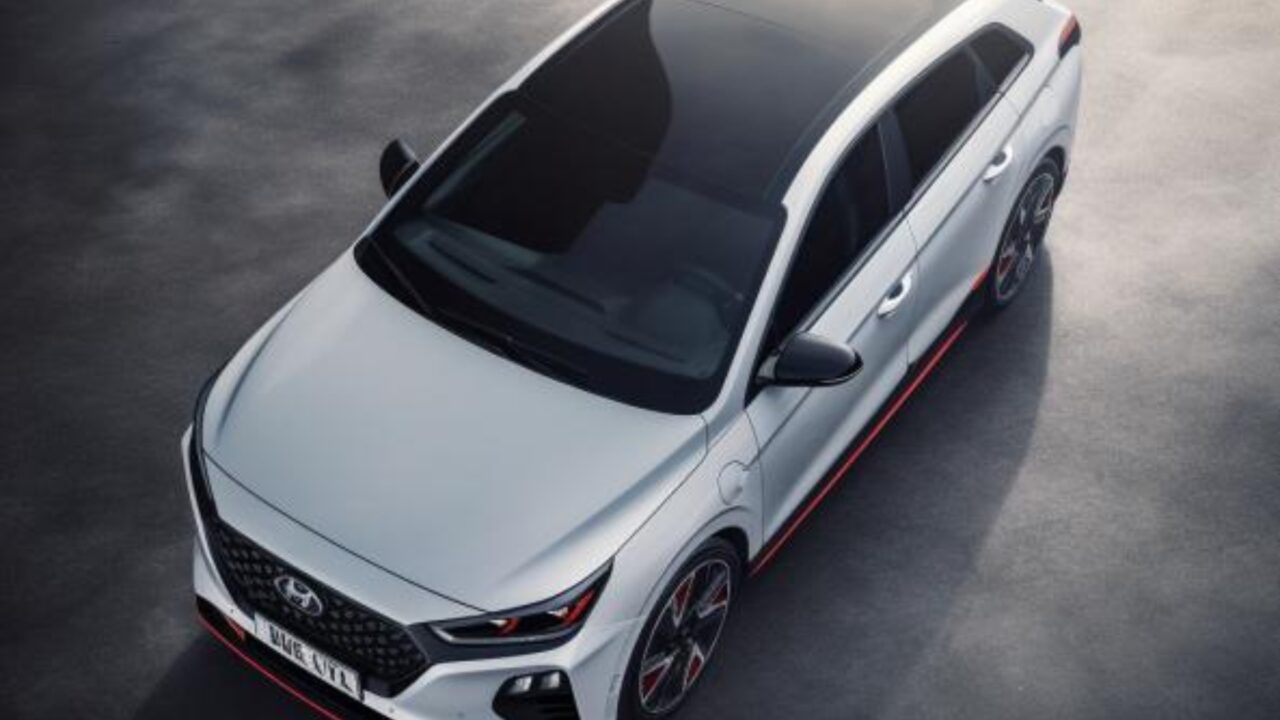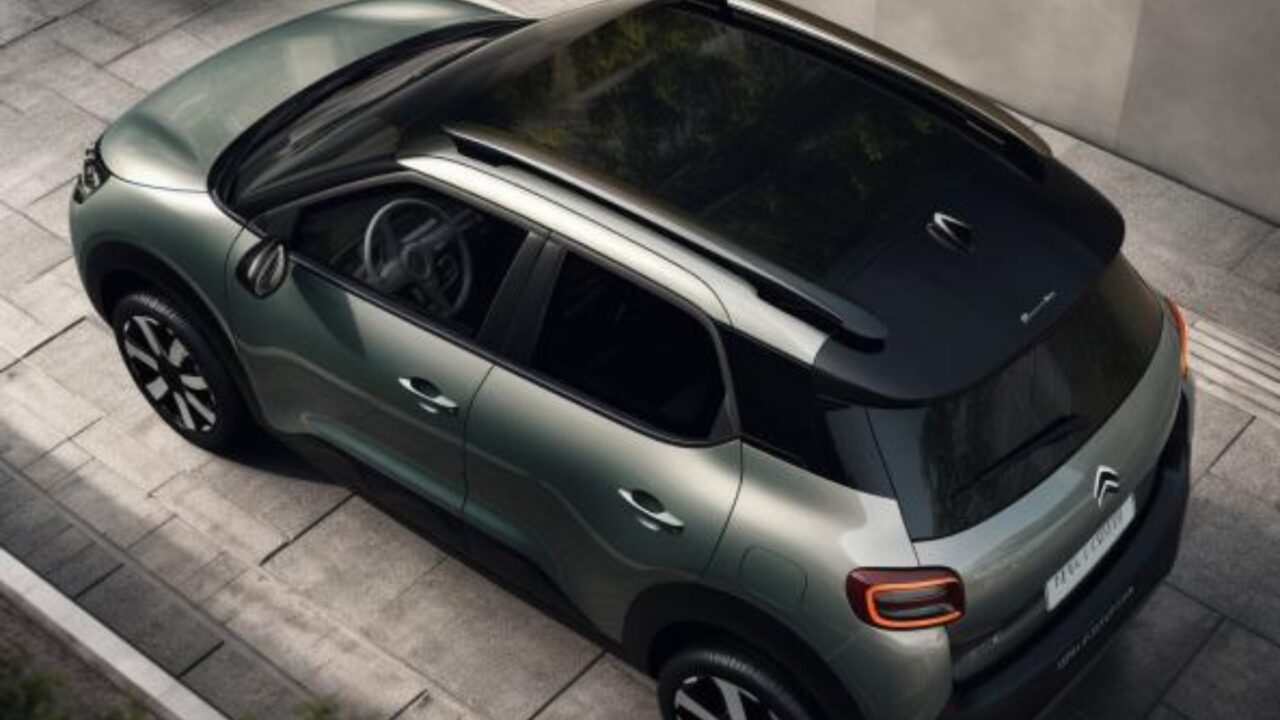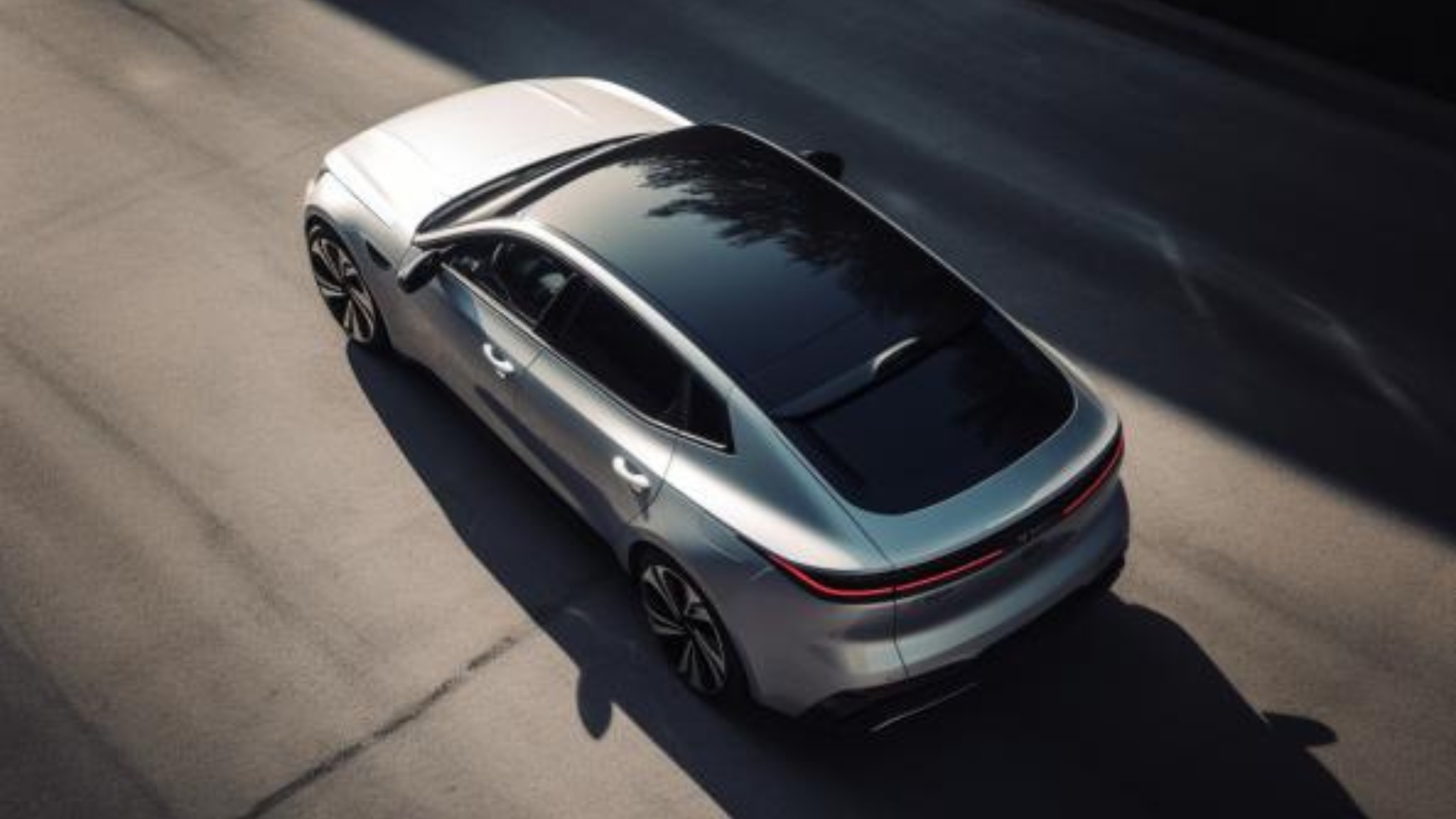In the UK, popular Personal Contract Purchase (PCP) contracts are facing scrutiny because of their increasing complexity and potential unfairness towards consumers. We look into the concerns.
Navigating the Complexities of PCP Contracts in the Current UK Market
In the ever-evolving landscape of car finance in the UK, Personal Contract Purchase (PCP) agreements have long been a popular choice for consumers seeking a new vehicle. However, recent discussions in the automotive community indicate growing concerns about the fairness and feasibility of these contracts, especially in light of changing market conditions.

PCP car deals offer a flexible route for getting a vehicle and this is particularly appealing for those interested in electric vehicles, as PCP electric car deals make transitioning to greener driving more affordable.
When looking for the best PCP car deals, it is likely you will be offered one of the many dealerships offers with competitive PCP deals. The attractiveness of PCP lies in its flexibility, as the market for electric vehicles expands. But what do we need to be aware of?
Understanding Your End-of-PCP Options
Buying Your Car at the End of PCP:
Every PCP contract includes a Guaranteed Future Value (GFV), which is the sum you’ll need to pay if you decide to keep the car. Given the recent changes in used car values, the actual worth of your vehicle might surpass this GFV. In such cases, buying the car and then selling it privately or through a car-buying service might be more financially advantageous than simply returning it to the dealer.
Part-Exchanging for a Newer Model:
This option is viable if your car’s worth is more than the GFV. The surplus value can be used as a deposit on a new PCP car deal, effectively starting the cycle anew. However, with fluctuating market values, there’s a risk that the GFV might be higher than the car’s worth at the end of your term.
Handing the Car Back and Walking Away:
If the car’s value is less than the GFV and you don’t wish to start a new contract, you can choose to return the car and end the agreement. This option leaves you without any additional financial obligations but also without a vehicle or capital for a new one.
Key Considerations at the End of Your PCP Deal
- Condition of the Vehicle: Ensure your car is within the acceptable limits of wear and tear to avoid additional charges. Small damages like chips, dents, or scratches within certain sizes are generally acceptable.
- Excess Mileage Charges: Be mindful of any mileage overages as they can incur significant costs.
- Refinancing the GFV: If you’re keen on keeping the car but can’t afford the lump sum GFV, consider refinancing options either through the dealer or a bank loan.
The Impact of Market Trends on PCP Deals
The current high prices of used cars have altered the dynamics of PCP deals significantly. If you’re considering a new PCP deal, be cautious of the potential for a higher GFV due to inflated market values. As new cars re-enter the market, these inflated values might drop, affecting the end-of-term GFV comparisons.

Rising Interest Rates and Total Payable
One of the primary issues with PCP contracts is the significant impact of interest rates on the total amount payable. With interest rates currently higher than they have been in recent years, consumers are finding themselves paying considerably more over the term of their PCP contracts.
This situation is compounded by the stringent conditions often imposed on the condition of the vehicle upon return, which can lead to additional fees if not met.
The Challenge of Residual Values in BEVs
The PCP market is facing a unique challenge with the residual values of Battery Electric Vehicles (BEVs). Previously, customers could expect some equity in their vehicle at the end of the PCP term, potentially helping to fund a downpayment for a new contract. However, this is no longer a certainty, especially with BEVs, where residual values have been lower than anticipated.
The “total payable” in PCP contracts is significantly influenced by current interest rates, which have risen recently. This increase makes PCP an expensive way to acquire a new car compared to outright purchase or leasing. While fees for vehicle damage at the end of a PCP contract have always been a concern, many consumers have historically managed to avoid them by selling the car themselves for more than the Guaranteed Future Value (GFV).
However, the current market conditions, especially for Battery Electric Vehicles (BEVs), are causing a shift. BEVs are reportedly seeing lower-than-expected residual values, with many worth less than their GFVs. This trend is leading to an increasing number of consumers choosing to return their vehicles at the end of the PCP term rather than purchasing them, potentially incurring financial losses for finance companies.
The BEV Market Dynamics
The used BEV market is currently experiencing a cool reception, with limited interest in 2 or 3-year-old models unless they are priced attractively. The lack of anticipated “equity” at the end of a PCP term for BEVs is causing a ripple effect in consumer behaviour.

In contrast, the market for used Internal Combustion Engine (ICE) vehicles has remained relatively stable so far, with these cars often retaining their value. But as vehicle popularity changes, this is likely to change.
Leasing vs PCP
In light of these developments, leasing is emerging as a potentially more attractive option for many consumers. Leasing offers the advantage of lower monthly payments compared to PCP, especially now when interest rates are high.
This shift is particularly noticeable in the BEV market, where the depreciation rates and the pace of technological advancements make leasing a financially sensible option.
Considering Nearly-New Vehicles
Another trend gaining traction is the consideration of nearly-new vehicles as a viable alternative to brand-new models. Given the depreciation hit that new cars take in the first year, a nearly new car can offer significant savings, particularly in the current market where the used BEV values are not as robust as expected.
Navigating the Evolving Landscape
The current situation, where many vehicles (especially BEVs) are ending their PCP terms with lower market values than their GFV, could lead to a reevaluation of how these contracts are structured. Finance companies might need to adjust their GFV estimations to reflect the current market realities, potentially leading to higher monthly payments for new PCP contracts.
Disclaimer: The content provided in this article is for informational purposes only and is not intended as financial advice. Personal Contract Purchase (PCP) agreements and financial decisions should be made based on individual circumstances and in consultation with a financial advisor or expert. The information presented is based on current market conditions and may change over time. We do not endorse or recommend any specific financial products or services. Please conduct your own research and consult with a professional before making any financial decisions related to PCP deals or car financing.
